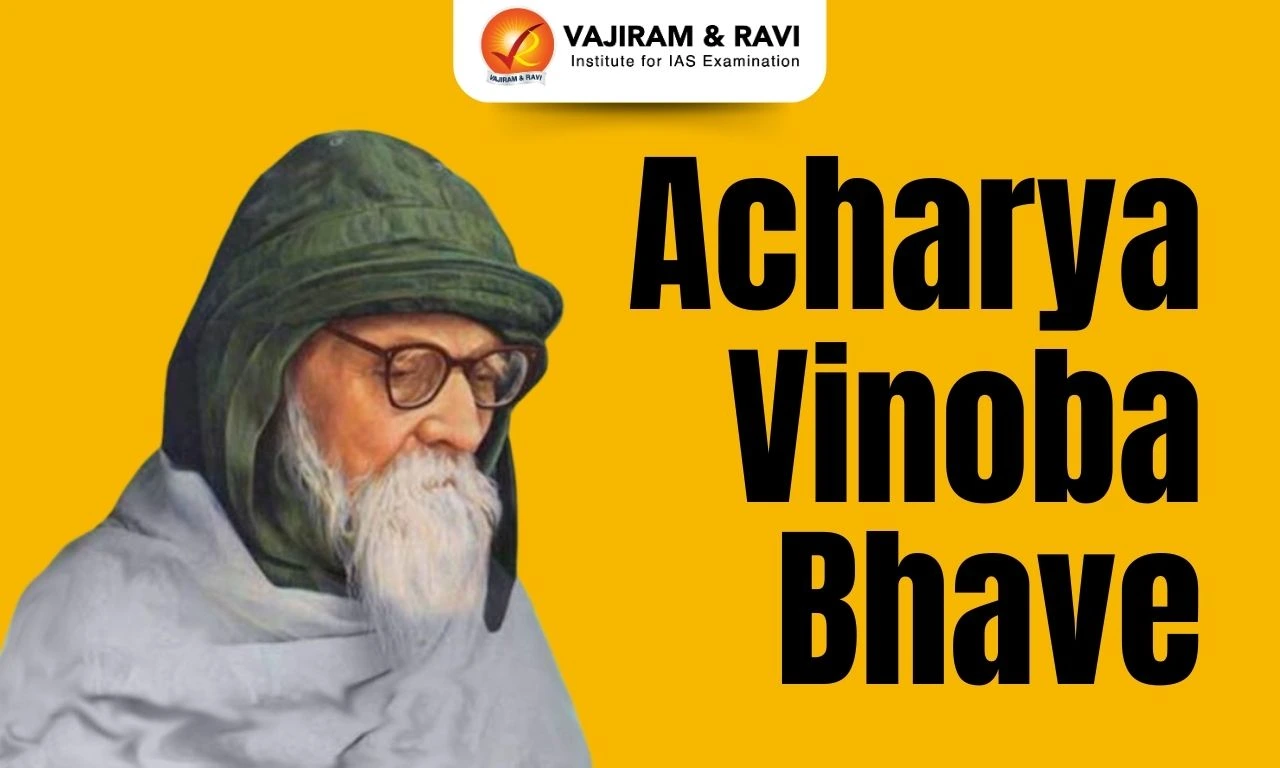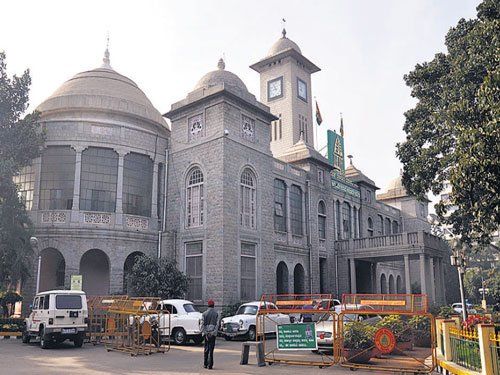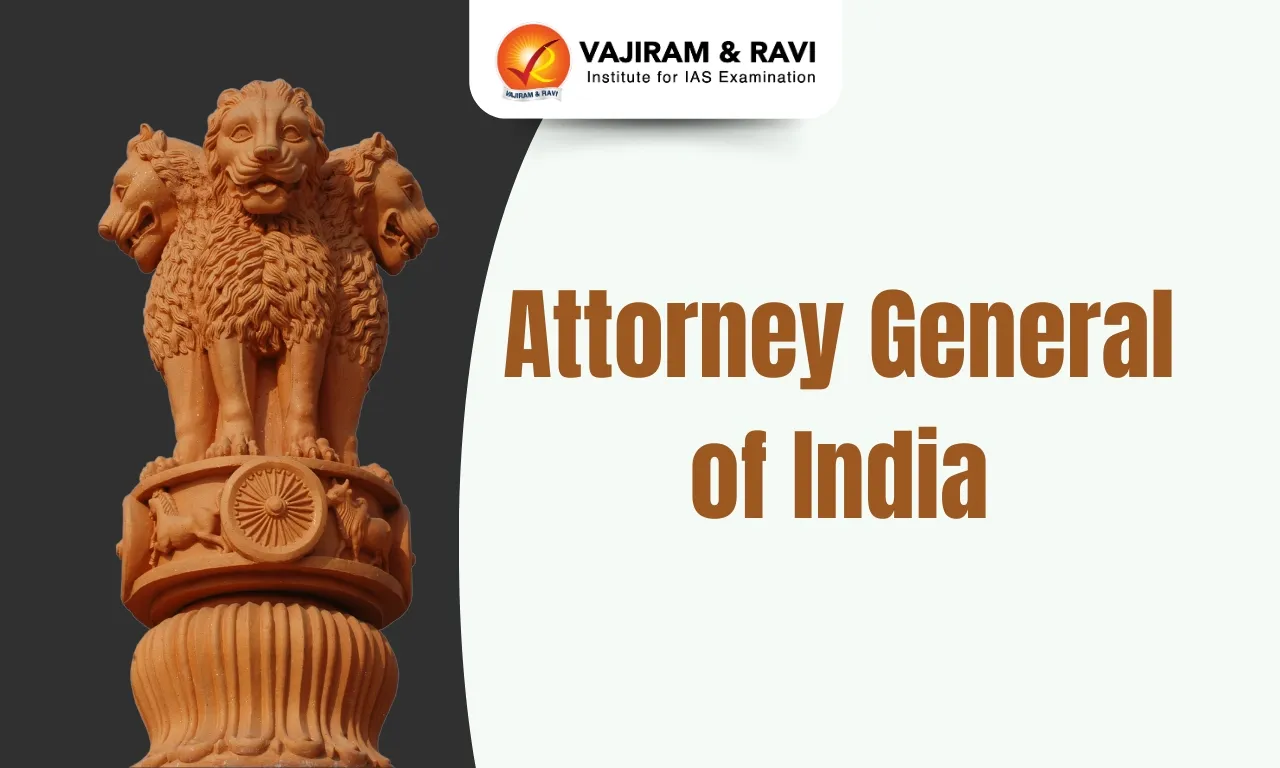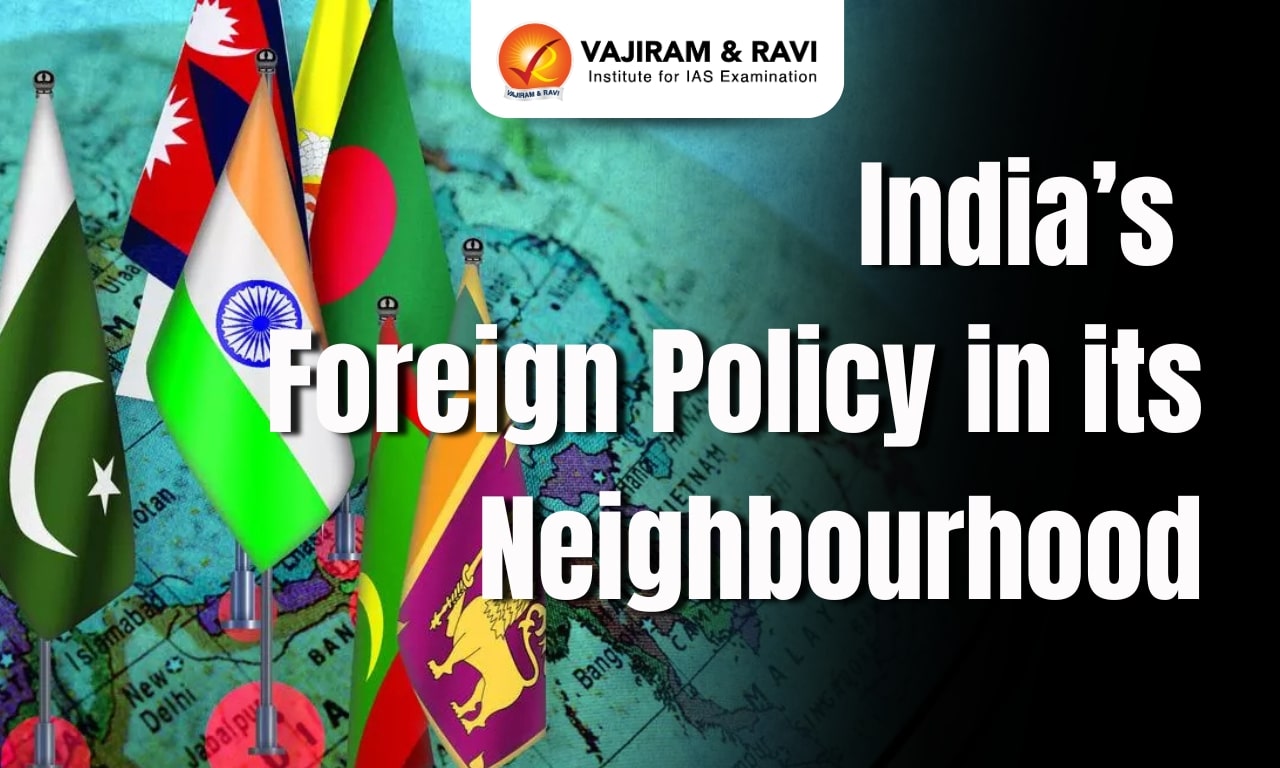Acharya Vinoba Bhave (1895-1982) was an eminent Indian philosopher, social reformer, and prominent leader in the Indian independence movement. He is best known for his advocacy of non-violence, his participation in individual satyagraha, and the Bhoodan Movement, which sought to promote land reform and social justice in India.
Vinoba Bhave was deeply influenced by Mahatma Gandhi's principles of Satyagraha and non-violence, which shaped his philosophy and activism throughout his life. He was pivotal in mobilizing rural communities and emphasized the importance of spiritual values in social reform.
Acharya Vinoba Bhave
Vinayak Narahari Bhave, later known as Acharya Vinoba Bhave, was born on 11 September 1895 in Gagoji, a small village in the Kolaba district of Maharashtra's Konkan region. From an early age, he was deeply influenced by spiritual texts, particularly the Bhagavad Gita, which played a significant role in shaping his philosophical outlook.
Acharya Vinoba Bhave Association with Gandhi
In 1916, Bhave's attention was drawn to Mahatma Gandhi after reading about his speech at the newly established Banaras Hindu University. Inspired by Gandhi's ideals, Bhave abandoned his academic pursuits, burning his school and college certificates. He then wrote to Gandhi, and after a series of letters, Gandhi invited him to meet personally at the Kochrab Ashram in Ahmedabad.
- Acharya Vinoba Bhave met Mahatma Gandhi on June 7, 1916, after which he decided to discontinue his formal education.
- He actively engaged in various activities at Gandhi's ashram, including teaching, studying, spinning, and working towards improving community life.
- Bhave's involvement with Gandhi's constructive initiatives grew, focusing on Khadi, village industries, education (Nai Talim), sanitation, and hygiene.
- In 1925, Gandhi entrusted him with the task of overseeing the entry of Harijans into the temple at Vaikom, Kerala.
- He rose to national prominence when Gandhi selected him as the first participant in the Individual Satyagraha, a new nonviolent campaign launched in 1940.
Acharya Vinoba Bhave's Role in the Freedom Movement
Acharya Vinoba Bhave was closely associated with Mahatma Gandhi during the Indian independence movement, spending time at the Sabarmati Ashram in a cottage known as 'Vinoba Kutir.' He faced multiple arrests throughout the 1920s and 1930s and served a five-year prison sentence in the 1940s for his leadership in non-violent protests against British rule.
- Bhave utilized his time in jail for reading and writing, producing works such as Ishavasyavritti and Sthitaprajna Darshan.
- He actively participated in various Civil Disobedience Movements and gained national recognition when Gandhi appointed him as the first individual Satyagrahi in 1940, emphasizing personal resistance to injustice.
- Additionally, Bhave joined the Quit India Movement, furthering his commitment to India's struggle for independence.
Acharya Vinoba Bhave Individual Satyagraha
Acharya Vinoba Bhave played a pivotal role in the Individual Satyagraha, a nonviolent campaign initiated by Mahatma Gandhi in 1940. Chosen as the first participant, Bhave symbolized personal resistance against British rule. The movement aimed to allow individuals to express dissent without collective action, emphasizing moral courage and personal responsibility. Bhave's commitment to non-violence and truth made him a respected figure in the independence movement.
Acharya Vinoba Bhave Religious and Social Works
Acharya Vinoba Bhave closely observed the lives of ordinary villagers, seeking to address their challenges with a strong spiritual foundation. This commitment formed the essence of his Sarvodaya movement.
- A notable initiative stemming from this philosophy was the Bhoodan movement, which encouraged land donations for the landless.
- In 1959, Bhave established the Brahma Vidya Mandir in Paunar, Maharashtra. This institution aimed to empower women, helping them achieve self-sufficiency while promoting the principles of non-violence within the community.
Acharya Vinoba Bhave Bhoodan Movement
The Bhoodan movement, also known as the land donation movement, began on April 18, 1951, in Pochampally. Acharya Vinoba Bhave travelled extensively across India, urging landowners to view him as one of their sons and to donate one-sixth of their land. He then redistributed this land to the landless poor, enabling them to cultivate it for their livelihood.
- After 1954, Bhave expanded his efforts to encompass entire villages through a program called Gramdan, where he encouraged villages to donate their land. As a result, he successfully received donations from over 1,000 villages.
Acharya Vinoba Bhave Death and Legacy
Acharya Vinoba Bhave passed away on November 15, 1982, after choosing to refuse food and medicine for several days, embracing the "Samadhi Maran" practice of Jainism. Bhave's legacy is profound and enduring; he is remembered as a key figure in the Indian independence movement and a pioneer of the Sarvodaya philosophy, which advocates for the welfare of all. His Bhoodan movement significantly impacted land reform in India, inspiring generations to pursue non-violence and social justice. Bhave's teachings continue to influence social reformers and activists, promoting the ideals of selflessness, communal harmony, and sustainable living.
Acharya Vinoba Bhave UPSC PYQs
Q. Critically discuss the objectives of Bhoodan and Gramdan movements initiated by Acharya Vinoba Bhave and their success. (UPSC Mains 2013)
Last updated on December, 2025
→ Check out the latest UPSC Syllabus 2026 here.
→ Join Vajiram & Ravi’s Interview Guidance Programme for expert help to crack your final UPSC stage.
→ UPSC Mains Result 2025 is now out.
→ UPSC Notification 2026 is scheduled to be released on January 14, 2026.
→ UPSC Calendar 2026 is released on 15th May, 2025.
→ The UPSC Vacancy 2025 were released 1129, out of which 979 were for UPSC CSE and remaining 150 are for UPSC IFoS.
→ UPSC Prelims 2026 will be conducted on 24th May, 2026 & UPSC Mains 2026 will be conducted on 21st August 2026.
→ The UPSC Selection Process is of 3 stages-Prelims, Mains and Interview.
→ UPSC Result 2024 is released with latest UPSC Marksheet 2024. Check Now!
→ UPSC Prelims Result 2025 is out now for the CSE held on 25 May 2025.
→ UPSC Toppers List 2024 is released now. Shakti Dubey is UPSC AIR 1 2024 Topper.
→ UPSC Prelims Question Paper 2025 and Unofficial Prelims Answer Key 2025 are available now.
→ UPSC Mains Question Paper 2025 is out for Essay, GS 1, 2, 3 & GS 4.
→ UPSC Mains Indian Language Question Paper 2025 is now out.
→ UPSC Mains Optional Question Paper 2025 is now out.
→ Also check Best IAS Coaching in Delhi
Acharya Vinoba Bhave FAQs
Q1. Did Acharya Vinoba Bhave start Satyagraha?+
Q2. Is Vinoba Bhave a freedom fighter?+
Q3. Which movement did Vinoba Bhave start?+
Q4. What are the principles of Vinoba Bhave?+
Q5. Which ashram was established by Vinoba Bhave?+
Tags: acharya vinoba bhave quest

















